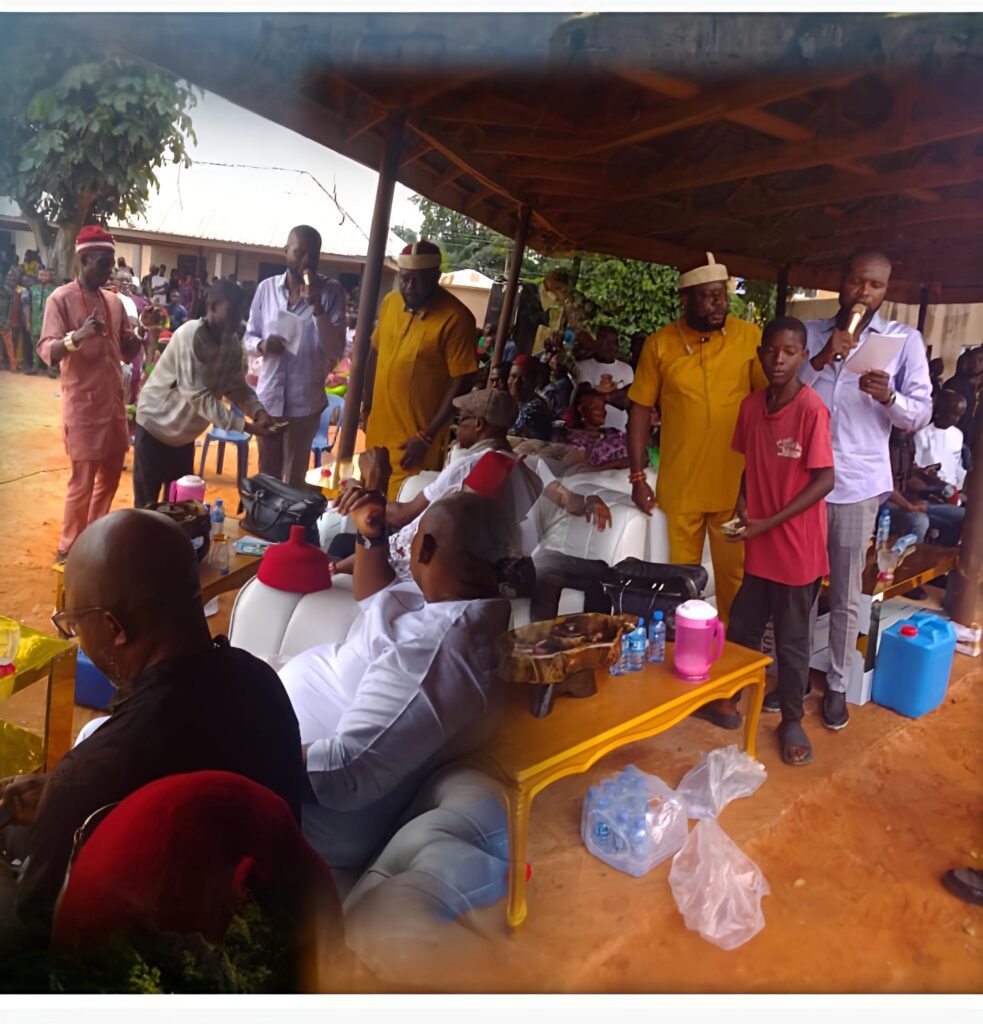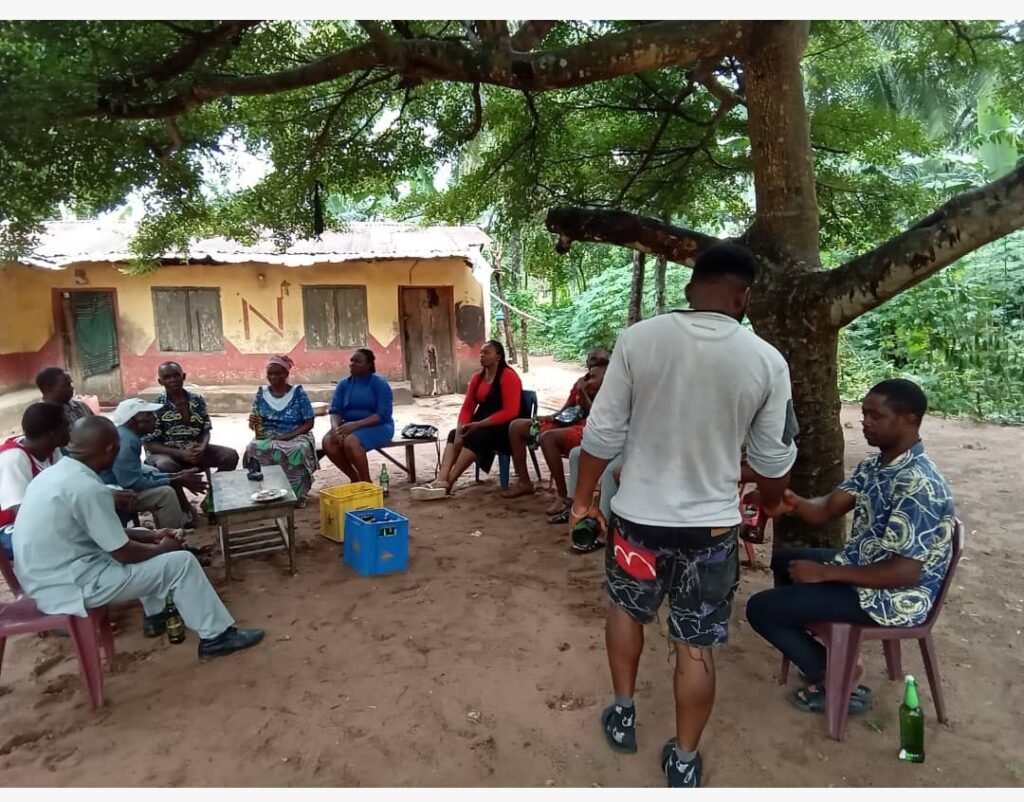Preservation at SHUF: Safeguarding Cultural Heritage, Ecology, and Dialectics
Introduction
The Safeguard Humanity Foundation (SHUF) is dedicated to the preservation of the fundamental elements that define our shared human experience—cultural heritage, ecological balance, and dialogic engagement. These three pillars not only enhance the richness of our lives but also reinforce the values of empathy, respect, and interconnectedness that are crucial for a sustainable future. Our commitment to preservation is more than an initiative; it is a necessity for the survival and flourishing of diverse communities and ecosystems.
Preserving Cultural Heritage
Cultural heritage is the collective legacy of our ancestors—encompassing traditions, languages, rituals, arts, and values that shape our identities and communities. At SHUF, we recognize that each culture contributes to the global tapestry of human experience, and we strive to protect and promote these unique narratives.
1. Documentation and Storytelling: We engage with communities to document their cultural practices, languages, and histories, ensuring that these rich narratives are preserved for future generations. By facilitating storytelling sessions, oral histories, and cultural festivals, we empower communities to express their identities and share their experiences.
2. Educational Initiatives: We develop educational programs and workshops that introduce the younger generations to their cultural heritage. By instilling pride in their roots and encouraging active participation in cultural practices, we help foster resilience and continuity within communities.
3. Cultural Exchange: SHUF promotes intercultural dialogue and exchanges, allowing communities to share their customs and learn from one another. This fosters mutual respect and understanding while enriching the cultural landscape, ensuring that diverse traditions thrive together.

Preserving Ecology
The health of our planet is closely tied to the well-being of humanity. At SHUF, we recognize that preserving ecological integrity is essential not only for environmental sustainability but also for safeguarding the livelihoods and rights of communities that depend on natural resources.
1. Sustainable Practices: We advocate for and implement sustainable practices within communities, empowering them to protect their natural environments while maintaining their cultural and economic livelihoods. This includes promoting organic farming, reforestation efforts, and biodiversity conservation, ensuring that ecological balance is achieved.
2. Environmental Education: Our educational initiatives raise awareness about environmental issues, climate change, and conservation strategies. We equip individuals with the knowledge and skills to advocate for their environments, fostering a culture of stewardship and responsibility toward natural resources.
3. Community-Led Conservation: SHUF actively engages communities in conservation efforts, acknowledging that local knowledge and practices are vital for ecological preservation. By facilitating community-led initiatives, we empower individuals to take ownership of their ecosystems, recognizing the intricate connection between cultural practices and environmental health.

Preserving Dialectics
Dialectics—the art of discourse and critical dialogue—plays a vital role in the preservation of understanding and resolving complex social issues. At SHUF, we emphasize the importance of dialogue in confronting conflicts, fostering empathy, and cultivating collaborative solutions.
1. Facilitating Conversations: We create safe spaces for open dialogue where individuals from diverse backgrounds can share their perspectives, negotiate differences, and engage in constructive conversations. This helps dismantle barriers of misunderstanding that often lead to conflict, promoting peace and cooperation within communities.
2. Encouraging Critical Thinking: Through workshops and community forums, we promote critical thinking and encourage participants to analyze social issues, cultural complexities, and ecological challenges. By embracing dialectics, individuals can better navigate conflicts, engage diverse viewpoints, and seek collaborative solutions for their communities.
3. Promoting Social Justice: By emphasizing the importance of dialogue, we nurture a culture of advocacy and social responsibility. Our volunteers engage in discussions about human rights, social justice, and the importance of protecting both cultural identity and ecological health, fostering a deeper understanding of interdependence among communities.

Conclusion
The preservation of cultural heritage, ecology, and dialectics lies at the heart of the Safeguard Humanity Foundation’s mission. By embracing these vital elements, we acknowledge the significance of diversity, interconnectedness, and human dignity. Our commitment to safeguarding these areas not only enriches lives but also strengthens communities and promotes a more just and sustainable world. We invite individuals and communities to join us in this essential work. Together, we can create a future where cultural identities are honored, natural environments are cherished, and meaningful dialogue fosters understanding and collaboration. The preservation of our shared heritage is not merely a responsibility; it is an opportunity to celebrate who we are and to build a brighter future for generations to come. Join SHUF in safeguarding what matters most for humanity’s collective legacy.




